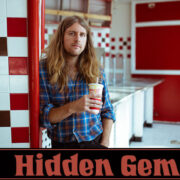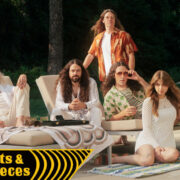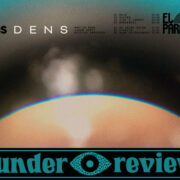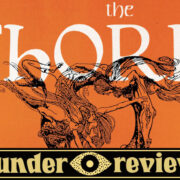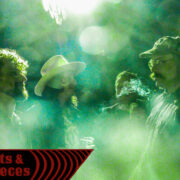Slapp Happy – Sort Of 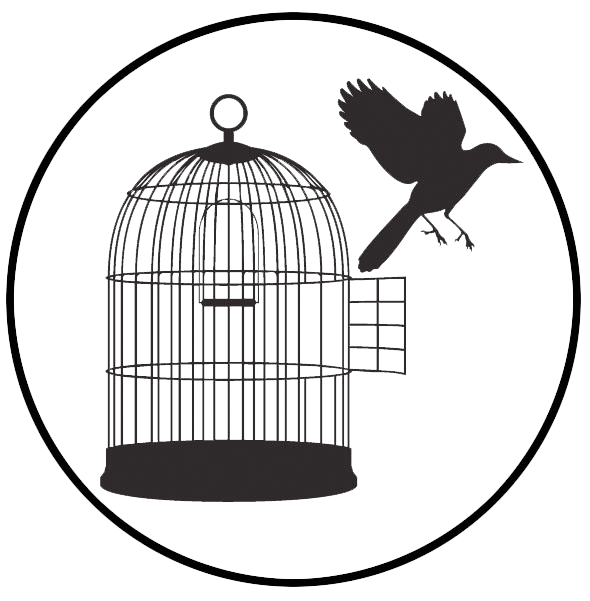

There’s been a bit of latter day appreciation brewing for Slapp Happy, the German-based trio that formed in the wake of Brit experimentalist Anthony Moore’s first couple of records. The band was comprised of Moore’s longtime friend, Dutch-American Peter Blegvad, and Hamburg singer Dagmar Krause. Moore had been making tape experiments for Polydor, facilitated by Uwe Nettlebeck, known for being an early proponent and facilitator of Faust. Kaause had already been involved in the city’s music scene for some time, recording with The City Preachers and releasing I.D. Company in 1970 with vocalist Inga Rumpf. When Moore tried to present one more experimental record to Polydor, the label balked and Nettlebeck suggested something a bit softer on the ears. It was then that Moore phoned up Blegvad to revive their old high school moniker Slapp Happy.
The band, as noted in an excellent, in depth exploration by The Quietus, lies as the crossroads of prog, avant rock, and what would shortly become dragged under the post-punk banner. Had “Mono Plane” been released in 1979 rather than ’72, it would have fit right in among the more brittle purveyors of British disillusion. The record could rightly be criticized for its uneven tone, but more often than not that’s also what makes the record interesting. Where “Mono Plane” grinds on angular guitar, the following cut, “Blue Flower,” finds the band at their most fragrant, riffing on “Femme Fatale” with a dewy folk lilt. The record swaps between Krause’s vocals, which tend towards the band’s most melodic moments and Blegvad and Moore’s more bile-filled takes. The band, being only a trio also needed a bit more fleshing out in the studio, and with Nettlebeck’s connections to Faust, members of the band were brought in to anchor the rhythm section on Sort Of.
The resulting record flirts with tender moments — “Who’s Gonna Help Me Now,” “I’m All Alone” — but mostly digs into something that’s neither pop nor prog, but something in between. There’s a shadow of Beefheart and certainly an appreciation for the Velvets, but the band also blends genre like paint, dipping country, pop and folk into the kind of grandeur that permeated Tommy and Arthur, at least on some subconscious level. They never play it straight, though, letting the brushes with pop crumple with a wink and a smirk. The record has been given a 50th anniversary repress by Week-End Records, an extension of the German festival of the same name. The band was notorious for not wanting to play live during their tenure, but the festival reunited them for shows in 2016 and 2017, with the new issue growing out of that endeavor. The record has often gotten lost in conversations of prog essentials, owing to its more pop sway, but fifty years on, it’s not a bad time to take another listen.

